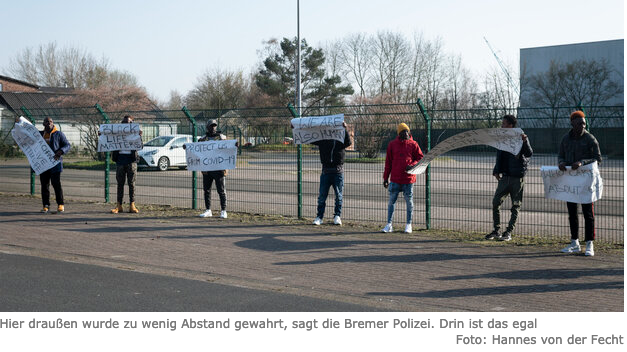
Civil rights, Occupy, Gilets jaunes, Fridays for the future...
to what extent are these movements not only journalistic objects but subjects
for social scientists?
While the media relay the existence of these spaces of contestation, the reading that is proposed is usually one of emergency and exceptionality, which makes it difficult to understand them as objects of knowledge. Through this framing, the explanation of a revolt, a protest or a demonstration runs the risk of being confused with a position in favour or against the phenomenon.
However, since the middle of the 20th century, social scientists have analyzed activism and mobilized groups of people not only through classic fieldwork but also as represented in the arts and in media. They questioned among others the involvement of actors and their political stances. Scrutinizing individual biographies, tracking the organization of protest groups, crossing the local, the national and the transnational levels, are means to shed light on phenomena whose understanding is often otherwise lost in the journalistic here and now.
This seminar will touch on some of the major issues debated in social sciences. Relying on scientific texts, artistic and mediatic materials, dealing with past and contemporary mobilizations we will ask: Why and how do groups of individuals form interest groups? What are the triggers for movement formation? What tools, discourse and materials are convened by which types of groups? Who, within these groups formed around a common cause, chooses the actions and audiences targeted? Who makes the decisions and how? Whether the revolt is rumbling in Hong-Kong or Berlin, whether the protest concerns fuel prices or civil rights, these questions remain relevant as they allow us to problematize a collective phenomenon.
This seminar, which is aimed in particular at BA students, has two objectives: the first, theoretical, will consist in introducing participants to the scientific literature of social movements, the second, methodological, aims to show them the central role of conducting interviews, digging into the archives, analysing films and music in understanding the social issues behind mobilizations. The seminar will be organised in three steps. It will be based on the reading of scientific texts; which will be put into practice through exercises of data collection conducted by the students; as well as the common analysis of one social movement.